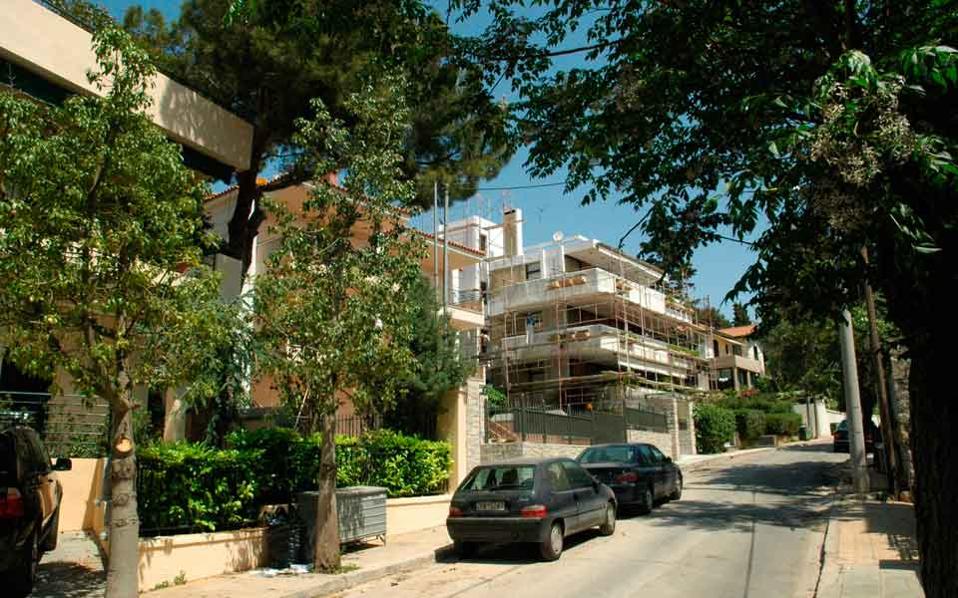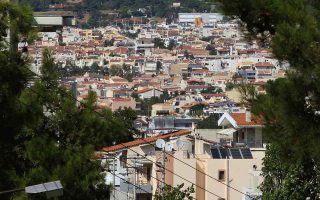Housing sector rebound gains pace as economy recovers

The recovery in Greece's housing market gained speed in the first quarter, central bank data showed, with an expanding economy and growing foreign interest likely to keep the uptrend intact.
Property accounts for a large chunk of household wealth in Greece, which has one of the highest home ownership rates in Europe at 80 percent, versus a European Union average of 70 percent, according to the European Mortgage Federation.
Apartment prices rose 4.0 percent in the first quarter compared with the same period a year earlier, Bank of Greece data showed, accelerating from an upwardly revised 2.6 percent increase in the final quarter of 2018.
More specifically, prices rose by 5.8 percent year-on-year in Athens, where home-sharing platforms like Airbnb and a "golden visa" programme – a renewable five-year resident's permit in return for a 250,000-euro ($285,000) investment in real estate – have grown very popular.
Greek house prices fell 42 percent between 2008, when the country's protracted recession began, and the end of 2017.
A similar trend is seen in Greek prime office prices, which rebounded 7.0 percent last year.
"Real estate prices are tracking the positive path of economic activity, with Athens outperforming," National Bank economist Nikos Magginas said on Wednesday.
The uptrend is also supported by a sharp decline in home building in previous years, which curbed the supply of new homes.
"The stock of unsold properties is slowly being absorbed. The price recovery will likely continue as long as the economy stays on a recovery path and fire sales of repossessed homes by
banks are avoided," he said.
The Greek market has been dampened by property taxes imposed to plug budget deficits, tight bank lending and a jobless rate still around 18.1 percent, the highest in the 19-nation euro zone.
But economic prospects have improved since 2015 when Greece signed up to a third bailout package worth up to 86 billion euros ($107 billion). The country emerged from its latest bailout in August last year and is now relying on markets to cover its financial needs.
Greece's 180 billion euro economy expanded in January-to-March, but at a slower annual pace than the quarter before, mainly driven by consumer spending and a pick-up in
investments.
[Reuters]





